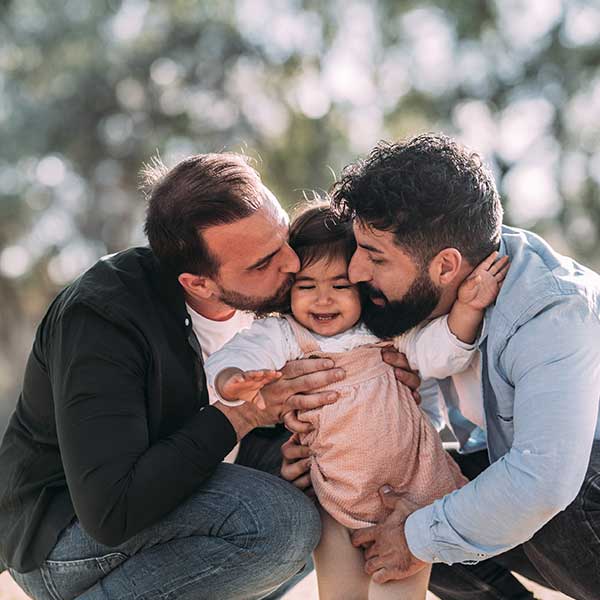Egg Donation

If you are someone who wants to build a family through assisted reproductive technology (ART) and need an egg donor, advancements in and the laws surrounding ART provide new possibilities.
The Law Offices of Laurie B. Goldheim has extensive experience representing both intended parents and egg donors.
We will review with you all the details and carefully draft and/or review an agreement that will protect the legal rights of the parties. The main purpose of the agreement is to set forth the clear understanding that the recipients will have all legal and parental rights to and responsibilities for any child or children resulting from the egg donation. The agreement will also address other important issues including expectations of the egg donor, how the donor will be insured and compensated for any complications that occur, rights regarding future use of cryopreserved eggs or embryos formed from the donated eggs, and confidentiality concerns.
What is the process for an egg donation?
In an egg donation, eggs are removed from the donor and cryopreserved, or fertilized either by sperm from a donor or the Intended Father to create embryos. The fertilized embryos are then stored or transferred into the uterus of the Intended Mother or surrogate.
What is the purpose of an egg donation agreement?
The purpose of an egg donation agreement is to establish a clear understanding of the intentions of the parties and the responsibilities they have to each other and any resulting children. The agreement will clearly state that the egg donor will have no parental rights or responsibilities regarding the donated eggs or resulting children.
In addition to the understanding of parental rights and responsibilities, the agreement will address many other important issues, including:
- Details regarding medical requirements and egg retrieval
- Medical and psychological evaluations
- Compensation, if any, to the egg donor and reimbursement of her expenses
- Expectations of the egg donor regarding taking of medications prior to egg retrieval
- Rights regarding future use and/or disposition of any cryopreserved eggs or embryos formed from the donated eggs
- Confidentiality of the parties
- Obligations/desires with respect to future contact and/or medical information
- Liability for complications
- Rights of the child or children born from the egg donation
Do all states have similar laws on egg donation?
Each state has different laws regarding egg donation. It is important for you to be represented by an experienced attorney who understands the nuances of the differing laws.
Must our agreement be signed before our egg donor undergoes injectable medications?
Most IVF clinic and physicians require that the donor and recipients have a signed egg donation agreement before the egg donor begins injectable medications. It is always best to have an egg donation agreement prepared and signed as soon as possible.
Can the egg donor assert her parental rights at some point in the future?
An egg donation agreement clearly states that the donated eggs belong to the recipients at the moment of retrieval. The agreement protects the recipients’ rights so that an egg donor could not successfully assert any parental rights.
Is it possible for either us or our child to meet the egg donor at some point in the future?
If the parties agree that future contact is mutually desired, the egg donor agreement will set forth the terms of the contact. It is advisable that recipients and donors understand one another’s intentions about future contact from the beginning so that all parties feel they are a good match.
How do you sign an egg donation agreement when the arrangement is anonymous?
If either of the parties wish to remain anonymous, the egg donation agreement will refer to each party by an identification number. Only the IVF clinic, the attorneys, and the egg donor matching program, if any, will know the names of the parties.
We’re here for you. Please reach out.
As adoption and reproductive law attorneys, The Law Offices of Laurie B. Goldheim serve as a primary resource, counsel and partner to clients who seek to grow their families by contemporary means and methods, as recognized by the courts of New York and New Jersey.